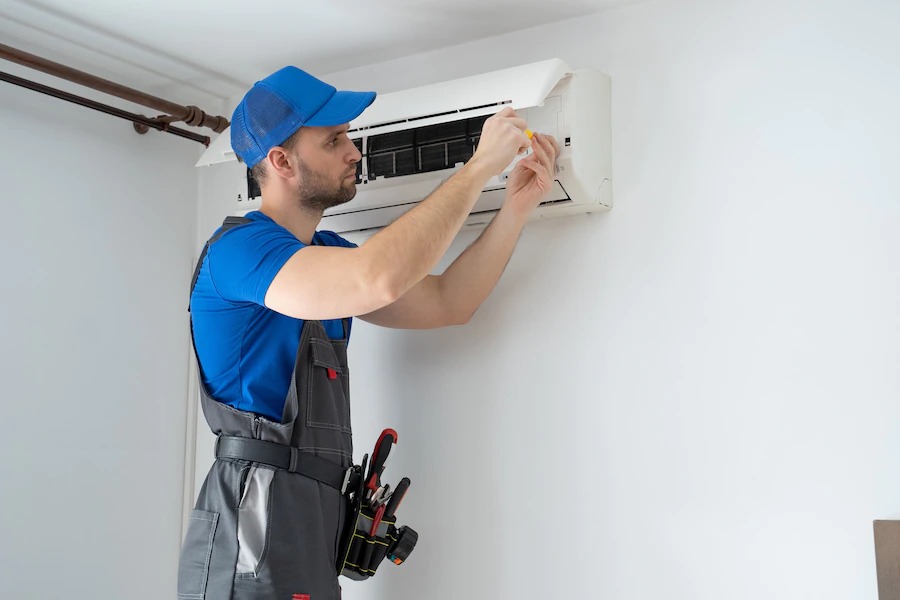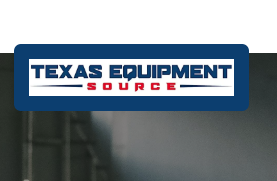An air conditioning system is designed to create comfort by regulating indoor temperature and improving air quality. Yet, like any piece of equipment, it is susceptible to faults. One of the most common and often overlooked issues is water leakage. At first, it may appear as nothing more than a minor inconvenience. However, left unchecked, water leaks can lead to damage within the system, unnecessary repair costs, and even harm to your property. Understanding how to identify and resolve water leak problems in your AC system is vital for maintaining efficiency and ensuring long-term reliability.
Understanding Why AC Systems Leak Water
To appreciate why water leaks occur, it is helpful to understand how an AC system operates. When air passes over the evaporator coils, humidity in the air condenses into water. This is normal and is channelled away through the condensate drain into a pan and out of the unit. Problems arise when water does not flow as intended. A blocked drain, faulty installation, or damaged parts can cause this condensed water to overflow, leading to visible leaks.
While some condensation is perfectly normal, a consistent puddle near your indoor unit or damp stains on nearby walls are strong indicators of an underlying problem. Prompt attention is essential to prevent further damage.
Common Signs of Water Leak Issues
Spotting a water leak at an early stage helps reduce the risk of more extensive damage. Some signs to look for include:
- Visible water pooling around the base of the unit or beneath ceiling vents.
- Damp patches on walls, flooring, or ceilings near the system.
- Unusual dripping sounds when the unit is running.
- Decreased cooling performance as the system struggles to function properly.
Any of these signs suggest the system is not working as intended and requires closer inspection.
Causes of Water Leaks in AC Systems
Blocked Condensate Drain Line
The condensate drain line channels water out of the unit. Over time, it can become clogged with dust, dirt, and algae growth. Once blocked, water backs up into the system, resulting in leakage.
Damaged or Rusted Drain Pan
The drain pan is designed to catch condensation before it drains away. When the pan is cracked, rusted, or misaligned, it cannot contain water effectively, which causes spills.
Frozen Evaporator Coils
Restricted airflow, dirty filters, or low refrigerant can cause coils to freeze. When they thaw, large amounts of water may leak around the unit.
Poor Installation or Low Refrigerant Levels
Improper installation may leave the unit at the wrong angle, preventing water from draining. Low refrigerant can reduce pressure and airflow, resulting in coil freezing and subsequent leaks.
Dirty Air Filters
Filters clogged with dirt and dust restrict airflow. This not only strains the system but also contributes to ice formation on coils, which melts into excess water.

How to Spot AC Water Leaks Early
Prevention is always better than cure. Monitoring your system regularly helps detect issues before they become serious.
- Inspect the area around the indoor unit at least once a week.
- Check for signs of moisture, mould, or mildew.
- Listen for irregular dripping noises.
- Keep an eye on cooling efficiency; reduced performance is often a red flag.
If you notice any of these signs, address the issue quickly rather than waiting until the problem escalates.
Steps to Resolve Water Leak Problems
Cleaning the Condensate Drain Line
The most common cause of leaks is a clogged drain. Professional engineers often use specialised equipment to flush out blockages, ensuring smooth water flow.
Replacing a Damaged Drain Pan
If the pan is rusted or cracked, replacement is the only long-term solution. A well-fitted new pan prevents further leaks and protects surrounding surfaces.
Addressing Frozen Coils
When coils freeze, the solution involves removing the root cause. This can include replacing air filters, inspecting refrigerant levels, and restoring adequate airflow.
Professional Servicing and Preventive Maintenance
An air conditioning company london can carry out a complete inspection, addressing not only the leak but also any underlying causes. Preventive servicing also helps extend the system’s lifespan.
Preventive Measures for the Future
Once your AC system is back in good order, regular maintenance helps prevent a recurrence of water leaks. Some practical measures include:
- Cleaning or replacing air filters every one to two months.
- Scheduling annual servicing with qualified professionals.
- Ensuring that the outdoor unit remains free of debris and dust.
- Monitoring performance and acting quickly if you notice unusual changes.
Prevention not only saves time and money but also ensures you enjoy uninterrupted comfort during warmer months.
When to Call for Professional AC Repair
While some homeowners attempt basic maintenance themselves, it is often safer and more effective to rely on trained technicians. DIY attempts can cause more harm than good, especially when dealing with refrigerant or electrical components. Contacting air conditioning repair london specialists ensures that issues are handled correctly and safely. A professional will not only fix the immediate leak but also assess the system for potential weaknesses.
Conclusion
Water leaks in an AC system are not only inconvenient but can lead to costly repairs if ignored. Recognising the early signs, understanding the common causes, and taking the right steps to resolve them ensures your system remains efficient and reliable. Regular servicing, routine inspection, and professional repair are the best ways to protect your investment.
For those seeking reliable expertise, Hamilton Air Conditioning Ltd provides trusted services that help maintain performance, prevent leaks, and extend the life of your system. With professional care, you can ensure that your air conditioning operates at its best all year round.







0 Comments